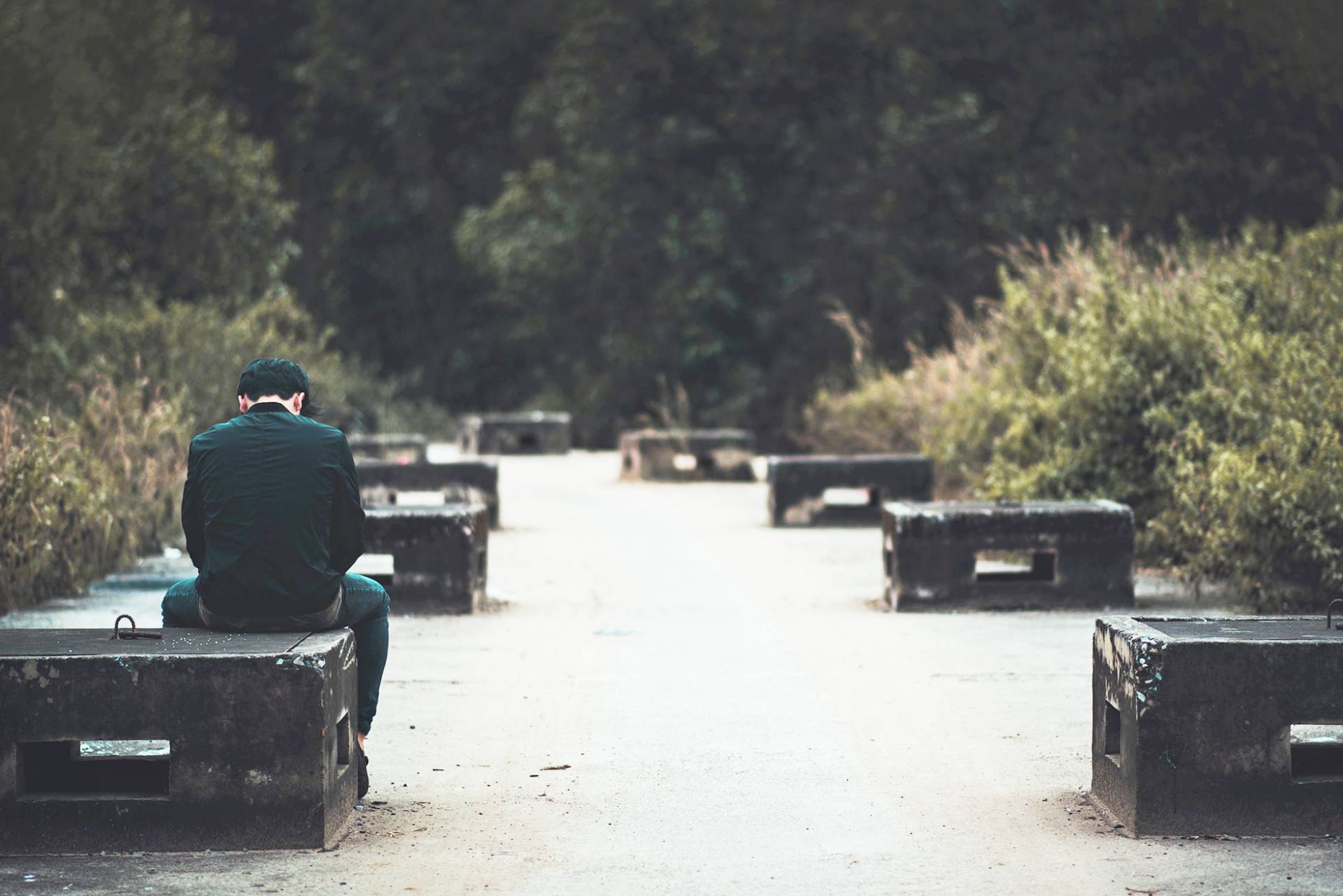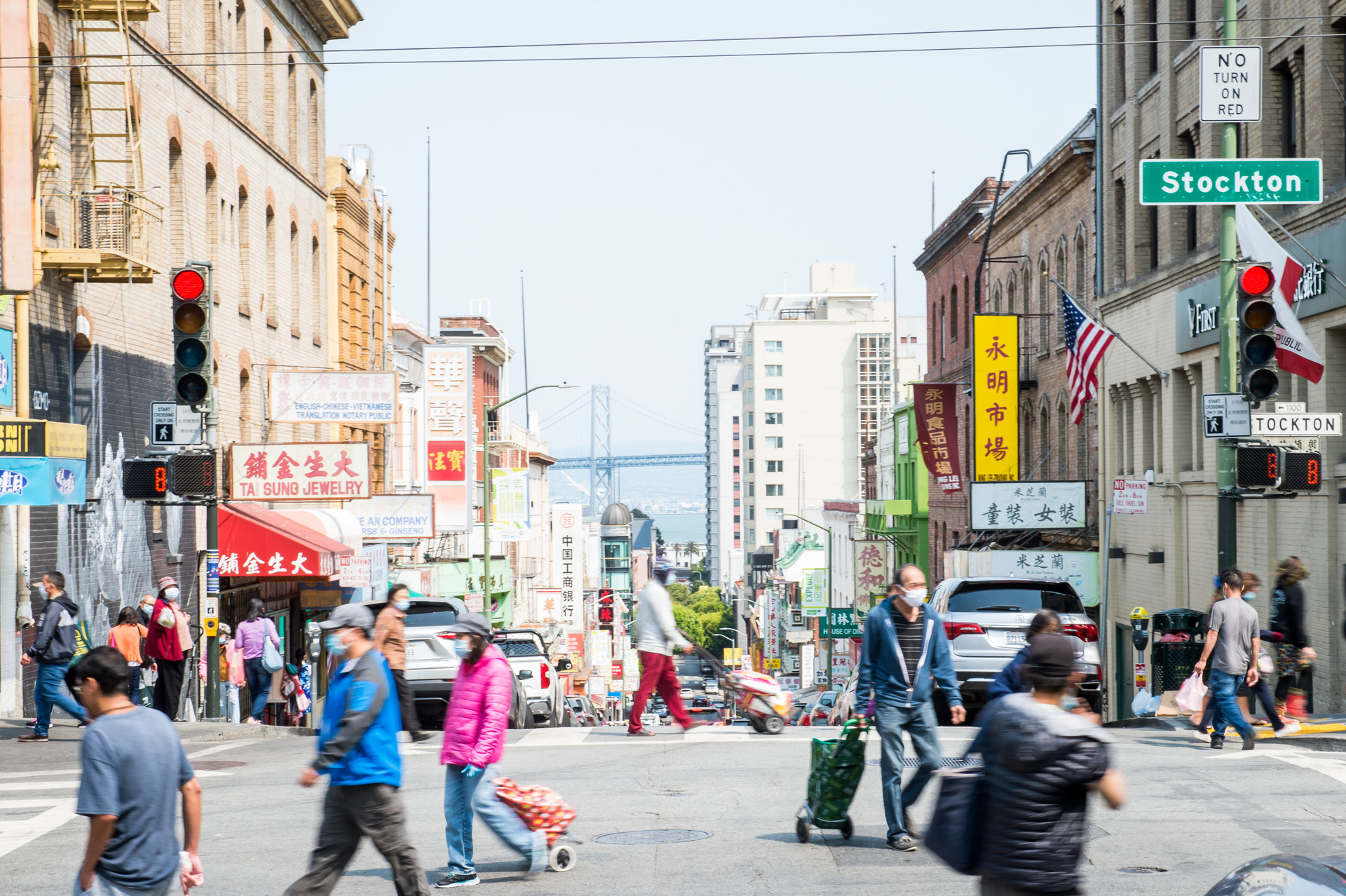The Bay Area is still reeling from a recent spate of violent attacks against elderly Asian Americans that left one 84-year-old San Francisco resident dead and several others injured, including a 91-year-old man in Oakland’s Chinatown.
Even before these incidents, Asian American and Pacific Islander communities were seeing an uptick in hate crimes and incidents nationwide. This week, members of the Congressional Asian Pacific American Caucus, Congressional Black Caucus, and Congressional Hispanic Caucus are holding a press conference with House Speaker Nancy Pelosi to denounce the recent spike in anti-Asian hate crimes and violence.
KQED Forum‘s Mina Kim spoke with experts and state officials about how anti-Asian violence is impacting communities and individuals, and what can be done to stop it. Read on for highlights from the conversation, and listen to the full Forum episode here.
The Trauma Behind the Statistics
Since early on in the pandemic, Stop AAPI Hate, a project based out of San Francisco State University, has been tracking self-reported anti-Asian hate incidents.
Now, a new report from Stop AAPI Hate found there were 2,808 self-reported anti-Asian hate incidents in the U.S. between March and December 2020. And more than 40% of those attacks took place in California.
According to the group, around 8% of the reported cases are physical assaults, where people are pushed and shoved, or have items like rocks and bottles thrown at them. But a majority of the reported incidents involve verbal harassment, often using racist and xenophobic language.


